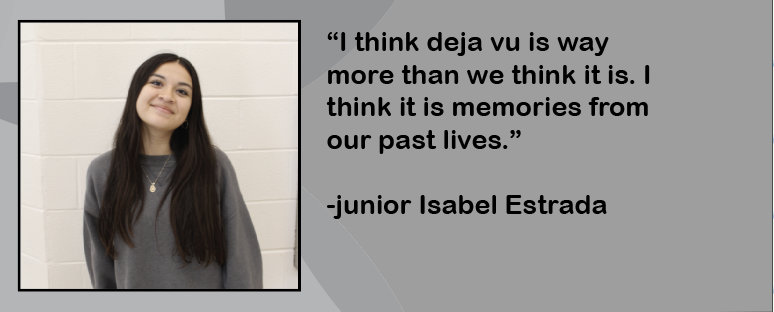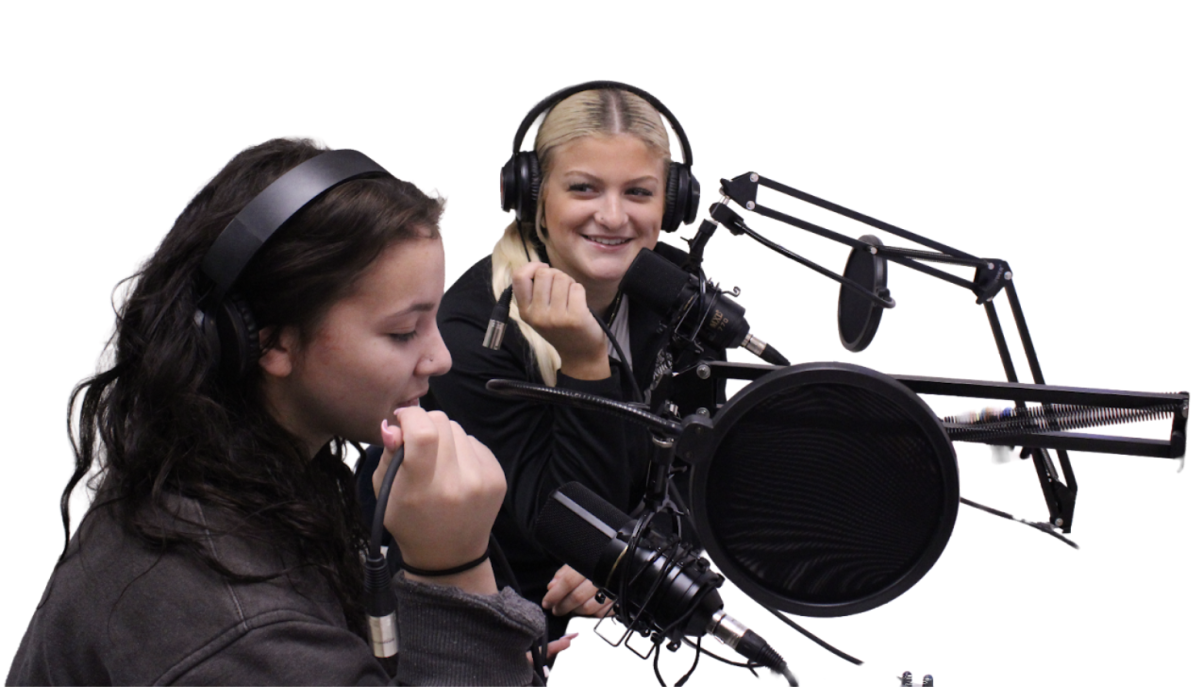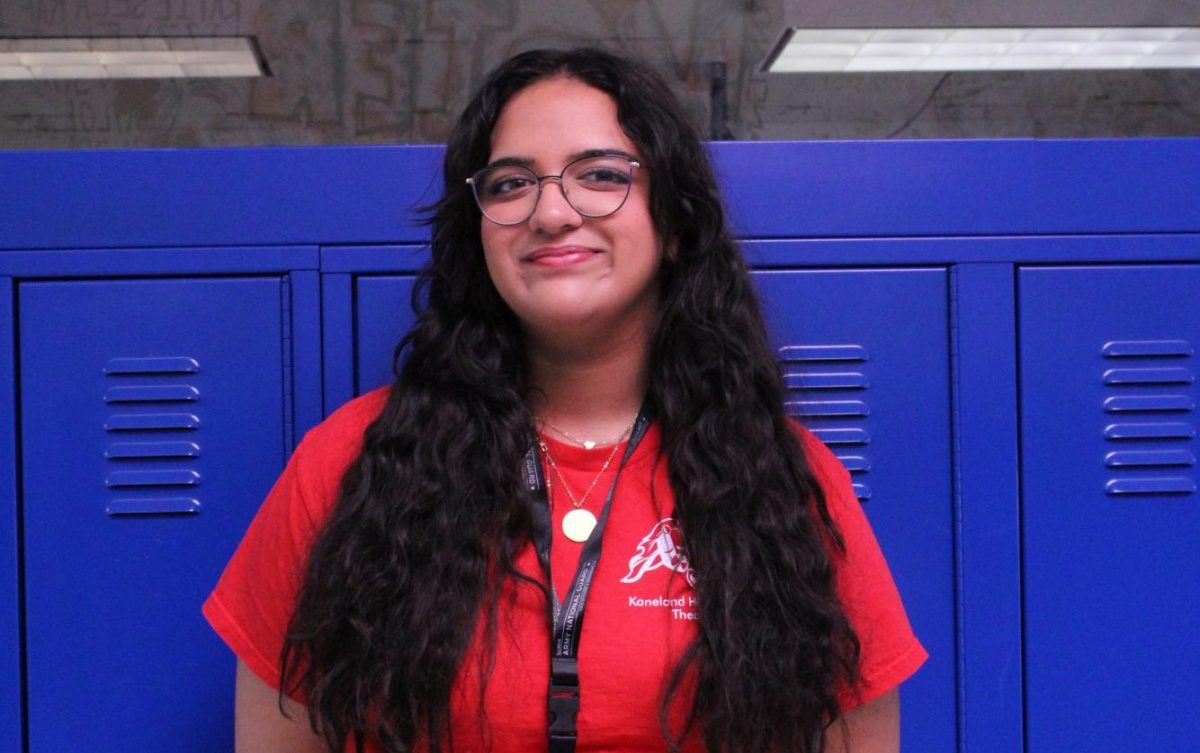Simultaneously, humans are profoundly unique while also being copies of one another. During each interaction we have with others, we continuously adapt and alter ourselves. Knowing yourself and your identity is vital in life, but how are we supposed to learn when we are changing so constantly?
At the most basic level, most people are made up of 23 chromosomes from their mother and 23 from their father. These, of course, dictate the color of our hair, our height, our blood type and infinitely more characteristics. These attributes we receive can greatly affect the course of our lives. Our physical appearance changes how people perceive and treat us, and the mental and physical illnesses that are passed on to us can be debilitating or even life-threatening. The traits from our parents are the solidified parts of our identities, and for the most part, they are unchangeable. While we may not feel that the way we look is a large part of how we identify as people, it is the first thing other people see and thus influences our first impressions.
Freshman Caden Rosinski agrees that since physical appearance is the first thing people learn about another person, it will automatically cause us to make snap judgments. Judging a book by its cover is not necessarily wrong; it is actually a psychological response. As reported in Forbes by Dr. Abbie Maroño, this seemingly superficial trait stems from our ancestors needing to assess potential threats. Further, appearance often represented roles within a community, like certain heights and builds being correlated with abilities to protect and provide.
However, freshman Ashlee Davenport points out that physical traits or the way people choose to showcase themselves are not always indicative of their true identity. Davenport additionally brings up the fact that appearance is an outlet to share our identity and can even be a way to meet others with similar interests.
Beyond physical appearance, the idea of personal identity is incredibly complex. The people we spend the most time around have a great influence on how we think and act. Namely, our parents’ opinions and actions strongly shape our own. In a direct manner, our parents’ ability, or lack thereof, to nurture and provide verbal lessons impacts our moral compass and our level of patience and empathy when speaking with others. For instance, Pew Research conducted a study in 2022 that found that in both religion and politics, teenagers overwhelmingly have the same views as their parents.
Our parents and family members tend to be people we trust deeply, so it makes sense that we hold on so tightly to the life lessons they teach us. Davenport attributes much of her outlook on life to her parents and grandmother due to their direct teachings.
“I have learned to treat everyone equally and be open and respectful to everyone,” Davenport said. “You may not have the same opinion as someone, but it is important to respect that.”
Similarly, senior Maddie Hamilton stated that her parents’ understanding attitude and open dialogue has led her to share similar opinions with them on almost everything.
Other than parents, friendships are some of the most influential relationships in terms of shaping our identities. Whether it’s a decision about an outfit choice or an argument with your parents, friends are frequently the people we go to first for advice. Their opinions are ones we value and often take to heart. Other perspectives can influence our ideas and in turn influence the way we act and think, both of which are large parts of what defines our identity. As claimed by Parents, an African-based lifestyle and family magazine, people directly model and copy their friends’ behaviors. A 1999 study conducted by New York University discovered the chameleon effect: a phenomenon in which people tend to unconsciously copy the behavior of those around them. This can either turn us into better people or change us for the worse.
“Sometimes I change my opinion just so I fit in with others, even if I do not really believe in it,” Rosinski said.
On the other hand, our friends can inspire us to be our best selves by acting in ways that we seek to follow.
“[My friends] made me become more understanding and taught me to never judge a book by its cover,” Hamilton said.
Psychologists have recently discovered that social media is also changing the way that we develop as people and discover who we are. Professor and author Kate Eichhorn states that the nature of social media captures us in a singular but permanent light. Embarrassment and experimentation are vital parts of developing and learning who we are, yet social media forces people to shy away from it.
Rosinski finds himself being more conscious of the way he is acting in public because of the chance someone could be filming content. Media virality often happens with expectations and without consent, so people are now being forced to think about the way they act at all times in case they end up online.
More positively, social media may teach us life lessons that can be helpful in our never-ending path towards self-discovery.
“[Social media] has made me more self-aware but has never changed the way I act towards others,” Hamilton said.
Understanding your own constantly changing identity is important to being the best you can be for yourself and those around you. Having self-awareness about your opinions, biases, actions and where these all stem from allows us to become more purposeful in our life and decisions. Without that awareness, it is much harder to make meaningful improvements and develop important relationships.
Hamilton found that through experience, discovering pivotal things about her identity has allowed her to become more social and outgoing.
Self-help author Meg Selig recommends using VITALS as a way of getting to know your identity. This begins with V for values, which are meant to guide decision-making and finding the right path based on what means the most to you. Next, focusing on your interests leads to better mental health, more potential to meet people that you could align with and overall increased happiness. Temperament means to know whether you are an extrovert or introvert; knowing so strengthens relationships. The rest of the acronym refers to activities, life’s mission and finally strengths and weaknesses. Reflecting on these parts of ourselves can lead to more enjoyment in life, along with a sense of purpose and success.







